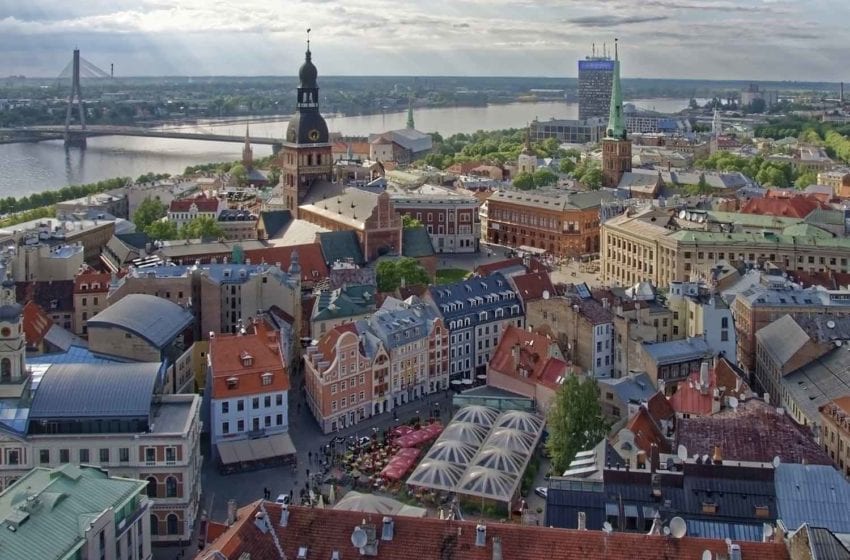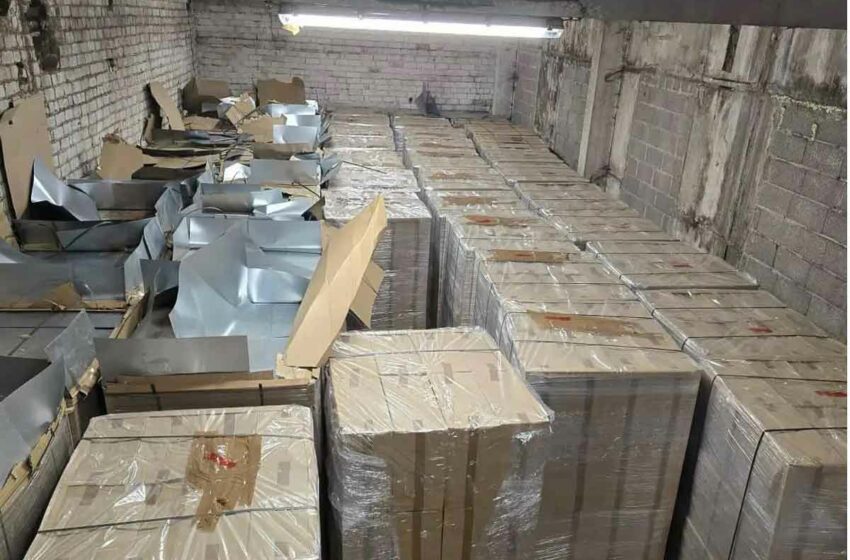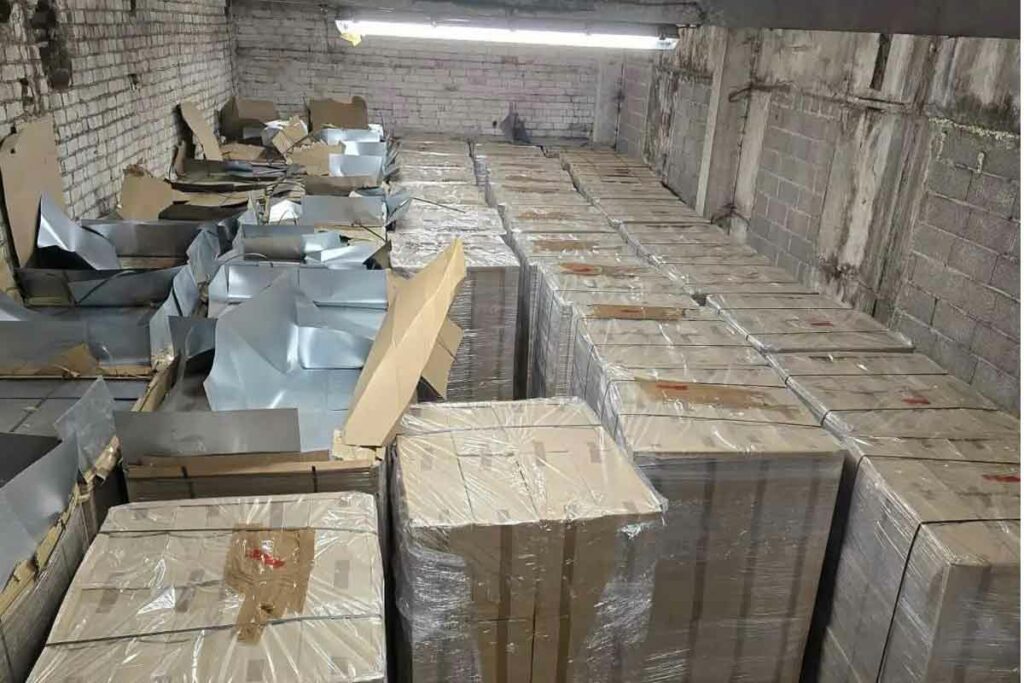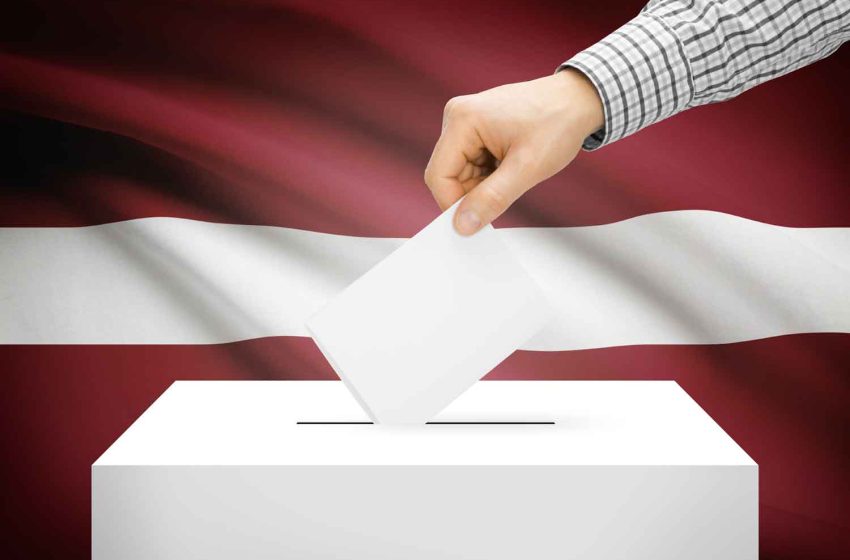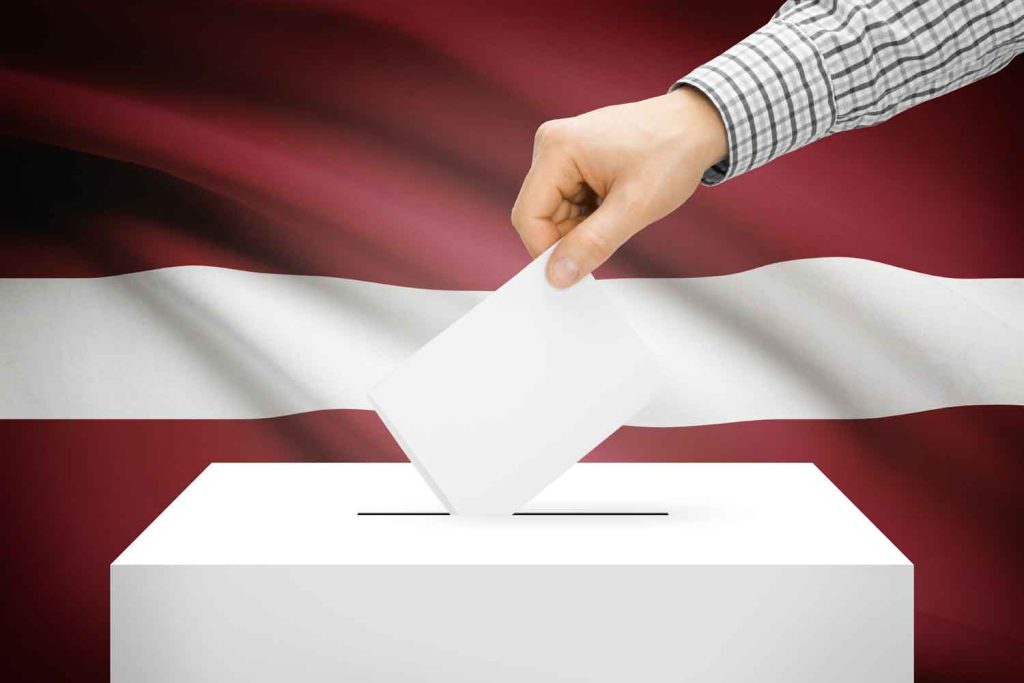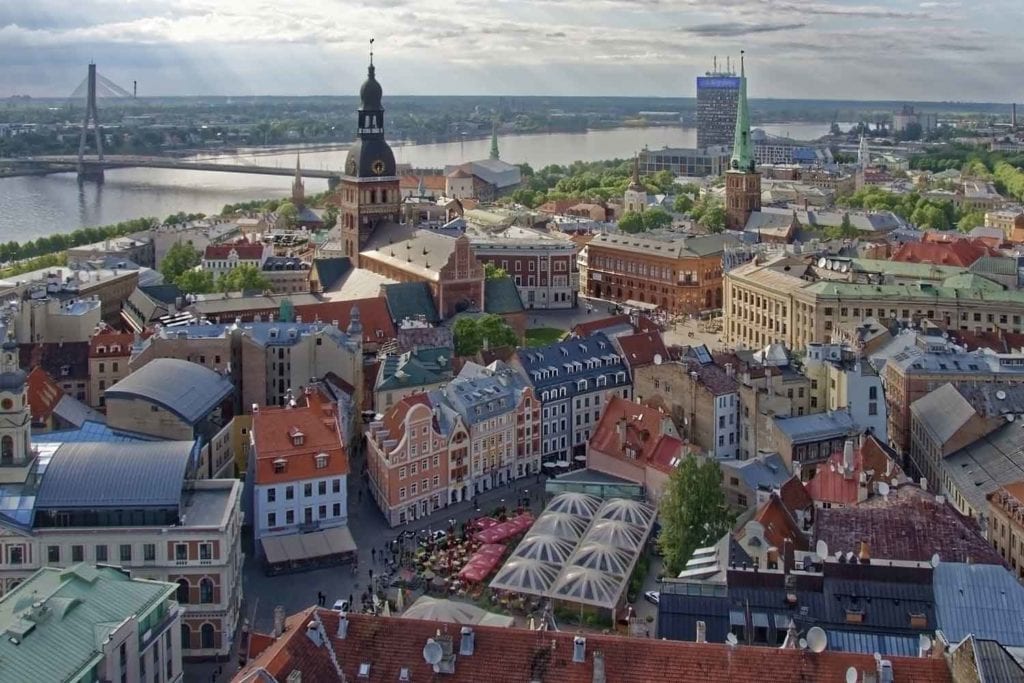
Tobacco sellers in Latvia are reportedly looking for loopholes in the new regulations that go into effect this month, according to Euro News.
Beginning January 2025, tobacco products, including disposable vapes, refillable e-cigarettes, and nicotine pouches, cannot be sold to individuals under 20 years old, and vaping products can no longer have flavors other than tobacco. The amount of nicotine in nicotine pouches will also be reduced.
According to Latvijas Televizija, a Latvian public television channel, companies selling refill cartridges are looking for ways to circumvent the new rules and continue selling the same products—some are planning to sell separate bottles of flavoring and nicotine that customers can mix themselves.
“Certainly, after the new year, there will be alternatives that can be offered to the client, but they will not have such a wide range. Let’s increase the range bit by bit and, after some time, it will definitely be bigger,” said Jakaterina Smirnova, representative of e-cigarette company Ecodumas.
“I assume that, similarly to other products, relatives and friends who travel will be able to bring them [the banned products] from abroad. Like all illegal things, Telegram trading will probably also develop. And it’s hard to stop,” said Anrijs Matiss, a board member of the Traditional and Smokeless Tobacco Products Association.
The association estimates a state budget loss of €10 million annually following the new laws.
The nicotine pouch industry expects that products will disappear from retail shelves, at least temporarily.

